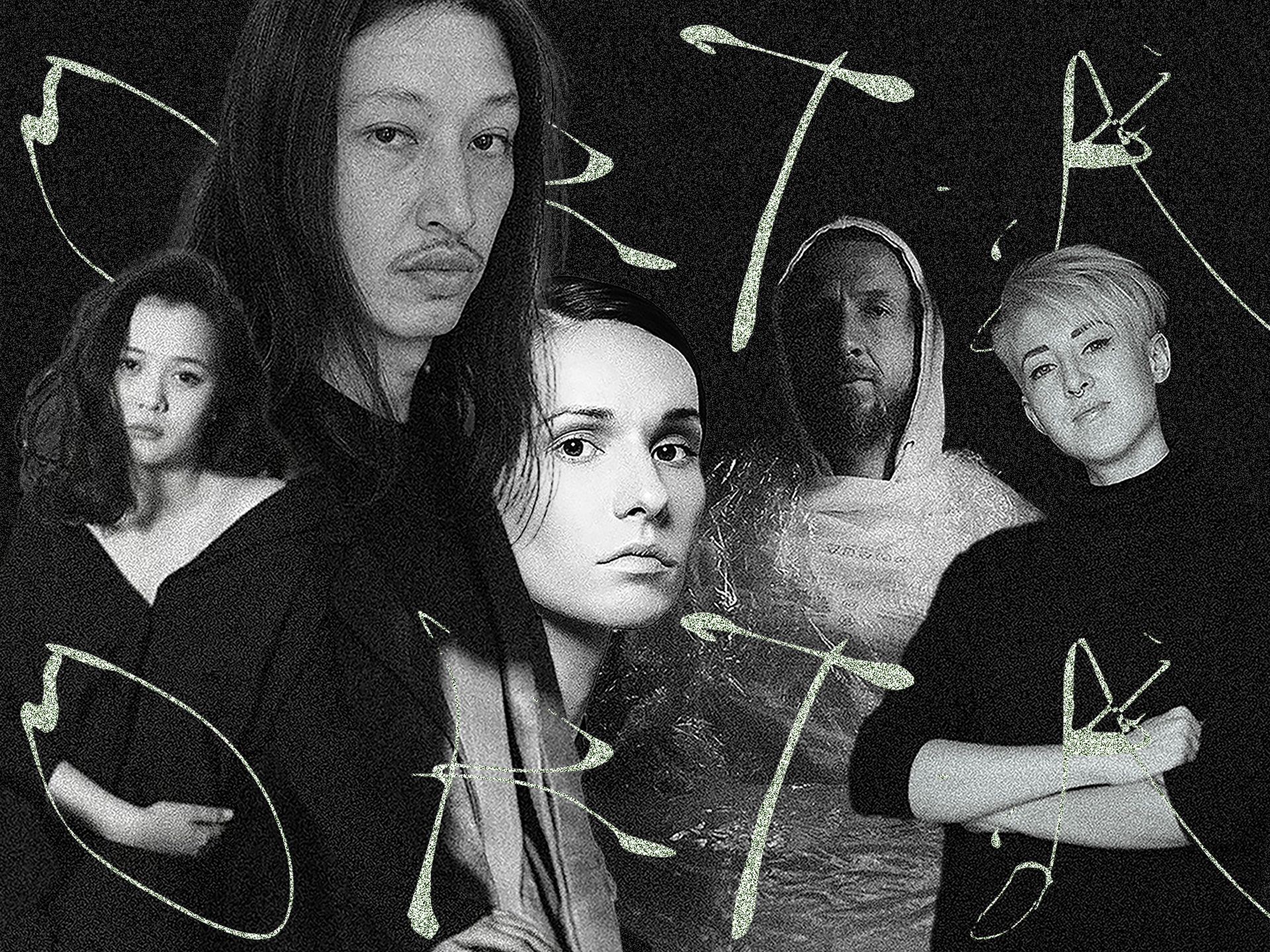
As the Venice Biennale opens to the public this week, at least one pavilion will remain incomplete.
Kazakhstan, participating in the world’s biggest art event for the first time in its 31-year history as a sovereign state, has had its widely anticipated debut deterred by Russia’s invasion of Ukraine.
Due to the war, vehicles carrying artworks and other materials planned for display were rerouted through Georgia, where they have been stalled at the border.
“Understandably, there is a large queue at the Georgian border, which is why a significant amount of our cargo has been delayed,” said the art collective ORTA, Kazakhstan’s representatives in the Biennale, in a joint statement with pavilion commissioner Meruyert Kaliyeva.
The group added that its hopeful the installation, titled the LAI-PI-CHU-PLEE-LAPA Centre for the New Genius, will be complete in a month.
But that doesn’t mean the Kazakhstan pavilion will remain art-less until then.
“In the meantime,” ORTA’s members said in the statement, “we have built a set for our performances—”Spectacular Experiments”—with locally sourced materials so that the schedule of performances will run as planned.” The ad-hoc set will form the “foundation for… the finished project.”
“We are of course incredibly disappointed but compared to the greater tragedies unfolding elsewhere in the world, our own setbacks feel very minor,” the group went on. “We are so grateful to the people on the ground in Venice who have been so helpful and generous in supplying materials.”
This is not the first obstacle Kazakhstan has faced on its road to the Venice Biennale. In 2019, the country’s participation was controversially canceled just two months before its opening. State officials announced the decision on Facebook, citing “last-minute budget cuts.” The project’s curator, Nadim Julien Samman, was told—in the comments section—that he would not be paid for his work.
Whether or not Kazakhstan would again attempt to participate in this year’s event was for a long time unclear. The prospect grew even dimmer as a spate of deadly protests rocked the country at the beginning of 2022.
Then, in February, officials announced that Kazakhstan would indeed participate in what is often dubbed the “Olympics of the Art World,” and that ORTA, a five-person collective founded in 2015, would represent the country.
Kaliyeva explained at the time that this year’s pavilion would not receive funding from the government or foreign NGOs. Instead, it would be funded through private support from Kazakh entrepreneurs and charitable organizations.
ORTA’s project is inspired by Sergey Kalmykov, a Russian-Kazakh Surrealist who, despite dying in obscurity, has since influenced generations of artists in the region.
“Sergey Kalmykov, to whom our pavilion is dedicated, would not have been defeated by these setbacks,” ORTA’s members said. “Channeling his resourcefulness, we are continuing to work tirelessly to finish the project as quickly as possible, and to show the world the great program of the art of the New Genius.”